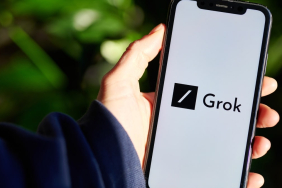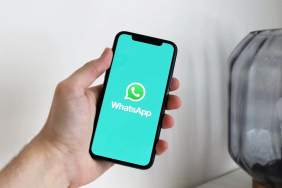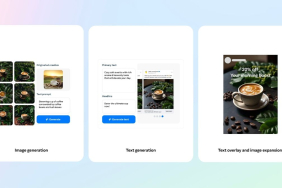Mark Zuckerberg, the CEO of Meta Platforms, testified on Monday at a pivotal trial in Washington, addressing claims from U.S. antitrust regulators alleging that his company invested billions in acquiring Instagram and WhatsApp to stifle competition against Facebook.
The Federal Trade Commission (FTC) is pushing for Meta to either restructure or divest Instagram and WhatsApp, challenging President Donald Trump’s commitment to confront large technology firms. This legal action poses a significant threat to a company that, by some estimates, derives approximately half of its advertising revenue in the United States from Instagram.
Dressed in a dark suit accented with a light blue tie, Zuckerberg answered questions with composure, aiming to refute allegations that Meta’s acquisitions a decade ago were designed to eliminate competition in the social media landscape.
He highlighted that sharing among friends and family was just one aspect of the platform’s offerings, alongside a wider array of content discovery.
Zuckerberg pointed out that a 2018 decision to prioritize posts from friends over public content overlooked a key shift towards private messaging, with users increasingly sharing content via direct messages rather than updates on their feeds.
“I think we misunderstood how social engagement online was evolving,” he remarked, noting that content generated by friends now accounts for roughly 20 percent of Facebook’s and 10 percent of Instagram’s total posts.
Competing with TikTok
The FTC has referenced emails in which Zuckerberg indicated that acquiring Instagram was strategic to mitigate the threat of a rival, while expressing concern that WhatsApp could evolve into a competing social network.
Meta contends that its acquisitions have ultimately benefited users. According to the company, Zuckerberg’s previous comments are outdated in the face of competition from platforms like ByteDance’s TikTok and Google’s YouTube.
Central to the trial will be the question of how consumers allocate their time on social media and which services they view as alternatives. Meta plans to argue that the traffic surge experienced by Instagram and Facebook during TikTok’s temporary shutdown in January illustrates direct competition.
The FTC asserts that Meta monopolizes platforms for sharing content with friends and family, with its primary U.S. competitors being Snapchat and the smaller privacy-oriented app MeWe, launched in 2016.
According to the FTC, platforms that allow users to share content based on interests, such as X, TikTok, YouTube, and Reddit, cannot be considered interchangeable.
U.S. District Judge James Boasberg commented in November that the FTC encounters significant challenges in substantiating its claims during the trial process.
The proceedings could extend through July. Should the FTC prevail, it would still need to demonstrate that measures like forcing Meta to sell Instagram or WhatsApp would enhance market competition.
Such a loss, particularly of Instagram, could be disastrous for Meta’s financial outlook.
While detailed app-specific revenue figures are not disclosed by Meta, advertising research firm eMarketer predicted that Instagram would generate approximately $37.13 billion in 2023, equating to over half of Meta’s U.S. advertising revenue.
Instagram also leads all social platforms in revenue generated per user, including Facebook, according to eMarketer.
Although WhatsApp contributes minimally to Meta’s overall revenue, it boasts the highest number of daily users among the company’s applications and is increasingly focused on monetization strategies, such as business messaging tools. Zuckerberg has indicated that these services are likely to be a significant driver of future growth.
Trump vs. Big Tech
This case falls within a broader enforcement effort against major tech companies initiated during Trump’s first term.
Since his election, Meta has made concerted efforts to align with Trump, revising content moderation policies criticized by Republicans as censorship and contributing $1 million to his inauguration. Zuckerberg has also visited the White House multiple times in recent weeks.
Other tech giants such as Amazon, Apple, and Alphabet’s Google are also navigating antitrust lawsuits from federal regulators.
In the wake of Trump’s election, numerous large tech firms have sought to align with his administration, reversing some previous initiatives while maintaining ongoing antitrust scrutiny.
© Thomson Reuters 2025
(This story has not been edited by NDTV staff and is auto-generated from a syndicated feed.)





